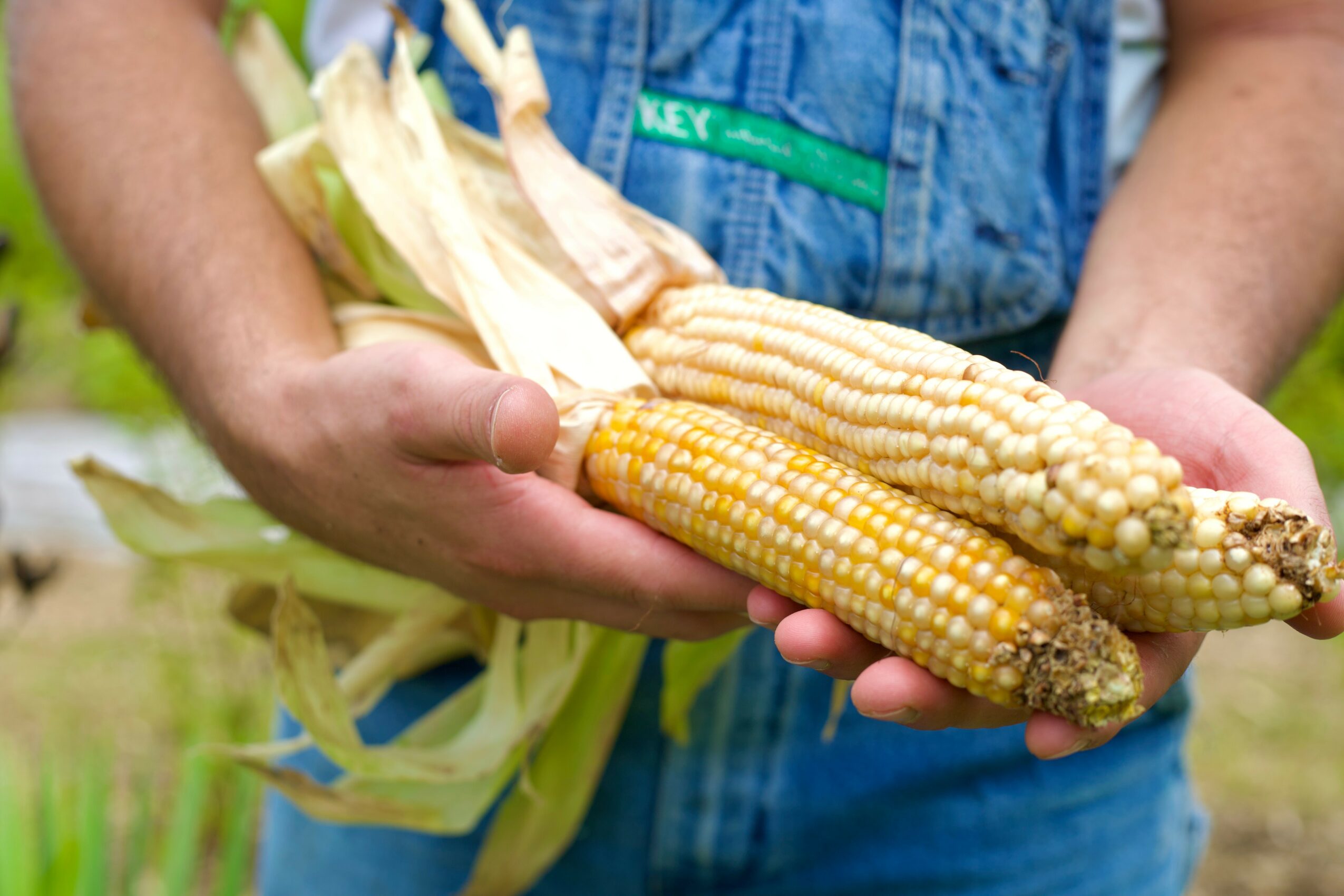

We’re looking forward to introducing you to Pantaleon Florez III. Check out our conversation below.
Good morning Pantaleon, we’re so happy to have you here with us and we’d love to explore your story and how you think about life and legacy and so much more. So let’s start with a question we often ask: Have any recent moments made you laugh or feel proud?
I was invited to cater the opening of a traveling Smithsonian exhibit called “Americans” at the Watkins History Museum here in Lawrence this past August. The hosts were looking for Indigenous-inflected cuisine, and they indicated that this would be the first exposure to such cuisine for many of the guests. They were looking for small bites, so I crafted three courses utilizing ingredients that were either native to Mexico or that were integrated early on during colonization and that have since been elegantly transformed by Mexican hands. I used thirteen ingredients to represent the in cencalli tonalli, or trecena, the 13-day count of the Mexica sacred calendar. Of those thirteen, three were from the farm (Elote Cónico maize, Altiplano Serranos, and Papalotl). Dishes included Horchata Jicama Sticks, Hominy Esquites, and Xocotl Chian (cacao nib chia pudding). Though difficult to pin down the point of most pride, I think it was introducing the dishes to our guests with poetry.
Can you briefly introduce yourself and share what makes you or your brand unique?
I am a farmer, ethnobotanist, and educator. I grow Mexica crops, most of which are from my great grandfather’s homelands in León, Guanajuato, Mexico. Among these include two landrace varieties of maize. The first is Elote Cónico, a purple and white speckled corn that makes a lavender color masa. The second is Chapalote, thought to be the oldest heirloom variety in North America its expressions range from glossy gold to shimmering copper. Both of these varieties exude a polysaccharid from their arial roots which attracts a symbiotic bacteria that feeds on nitrogen from the atmosphere, processes that nitrogen, and then feeds it to the plant in a bioavailable form.
As an ethnobotanist, studying Mexica codices from the 1500s has fully ignited a passion for learning from the past. I plant according to instructions written by Indigenous Mexica from the Florentine Codex of 1552. I also dry farm, so I keep a close eye on the weather ahead of planting. Once seeds are in, I leave it to the season to do what it must. Assisted by the Germplasm Resource Information Network, I have been able to reclaim many seeds of my ancestors. This has led to me starting a seed breeding program with my latest project being rhubarb cultivar development that focuses on high brix, high red color retention after mash.
As an educator, I work as the Experiential Learning Specialist for Lawrence Public Schools where I coordinate two districtwide programs: Work-Based Learning and Farm to School. In my role as Farm to School Program Coordinator I am seeking to integrate Indigenous agricultural knowledge into the existing curriculum. I also helped write $200,000 in grants to turn a closed elementary school kitchen into a school district run bakery. The bakery gives us full nutritional control over menu items produced there. It also uses 100% Kansas wheat, including Rouge de Bordeaux, a heritage wheat grown by Stone and Sparrow Farm & Mill in Melvern, Kansas. My work with the school district has us utilizing 16% of our budget on local foods. I have so much more to build there.
Great, so let’s dive into your journey a bit more. What was your earliest memory of feeling powerful?
I think it was sophomore year of high school. Despite having acted like a class clown when our Spanish 1 teacher asked if anyone wanted to go on an exchange student program to Germany, I applied, interviewed, and landed a spot in the Congress-Bundestag Youth Exchange Program. I, a scrawny Mexican kid from Topeka (KS) who knew possibly five or less words in German at the time, was accepted into a yearlong government exchange program. I don’t remember exactly what pushed me internally to apply, but I still feel its positive impacts today. The butterfly effects Ms. Romero-Hunter set into motion by putting that opportunity in front of us in that exchange year alone include: my career introduction to education, the expansion of my mindset into global terms, and a lessened sense of fear of going for something even if it feels wildly unlikely to succeed. After living with a host family for a year and attending German high school, I came back fluent. My school counselor told me that since I only had one year of German, that I would be placed in German 2. After hearing that, I went straight to the German teacher and explained in German why I should be in German 4. He wrote me a note on to the counselor on the spot. The year abroad had also instilled a sense of self-advocacy that ultimately empowered me. I ended up entering college with 9 credits and took Junior level courses Freshman year. Every win like that boiled back down to a teacher believing in me and me believing in and taking a chance on myself to do something outside the box.
What did suffering teach you that success never could?
No one is coming for you, and you cannot afford to give a damn. Suffering taught me that waiting for rescue is a good way to die in the water. Those moments have stripped away the thin layer of illusion I had that comfort equals safety. It showed me that unpreventable pain is often the only honest teacher and mechanism for growth. I’ve learned to trust my intuition when things start to fall apart or don’t feel right. When discourse takes aim at my kneecaps or when oppressive actions speak louder than words, I no longer long to be saved. Success never taught me self-trust. Success never brought in people who would work side-by-side through thick and thin. In the quiet of loss and exhaustion, I find the version of myself that doesn’t beg for permission. That person doesn’t need approval, applause, or even hope. That person just needs movement. And that movement, as raw and imperfect as it may be, becomes liberatory.
Next, maybe we can discuss some of your foundational philosophies and views? What are the biggest lies your industry tells itself?
Sustainable, regenerative, and small-scale agriculture all tell us and themselves the self-soothing lie: A million tiny farms will save the world. It’s a fantasy built on aesthetics-first culture and nostalgia for forms of slavery and servitude, not structural change. These often deep-pocketed movements celebrate decentralization while quietly depending on the same systems of extraction, property, and profit that created the problems they purport to solve in the first place. They often outright steal from Indigenous agricultures in order to write themselves into history books as innovators. Regeneration without truthful reciprocity isn’t transformation. It’s marketing. The lie lets people feel morally sound without risking power or privilege. It allows people to speak of sustainability while staying safe inside oppressive logic. Honest cooperation, the return of lands to Tribal Nations, and serving underserved markets like prisons and schools in scaled agriculture ways are far more important than models built on racial nostalgia, property hoarding, and the genocidal erasure of Indigenous Peoples under such banner as destiny, salvation, and regeneration.
Okay, we’ve made it essentially to the end. One last question before you go. If you laid down your name, role, and possessions—what would remain?
If I laid all three of those things down, I’d still have my core capacities and resolve. I once walked into a kitchen night shift expecting a moderate to difficult prep list and service only to find the day crew had handled everything. The kitchen manager, Jeffrey Ward, who has since opened his own restaurant, Sable Kitchen + Bar here in Lawrence, had written this on the board under my name: “Grow stuff. Pick Stuff. Cook Stuff.”
I’d still have all that. I’d still have fluency in two languages (English and German) and my toe dipped in Spanish, Korean, and Nahuatl. I’d like to think I would still be able to enjoy a sunset, a hike, a beach, and fishing. I also can’t give up laughing, playing, and eating so easily. It essentially boils down to agricultural and culinary competencies, deep curiosity, vivid imagination, and a healthy appreciation of life.
Contact Info:
- Website: https://masefarm.org
- Instagram: maseualkuallifarms
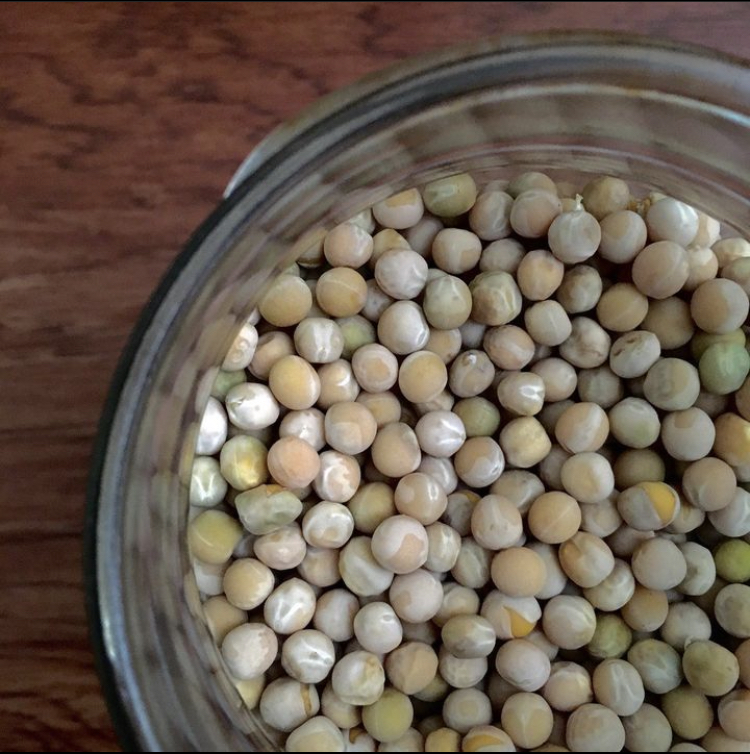
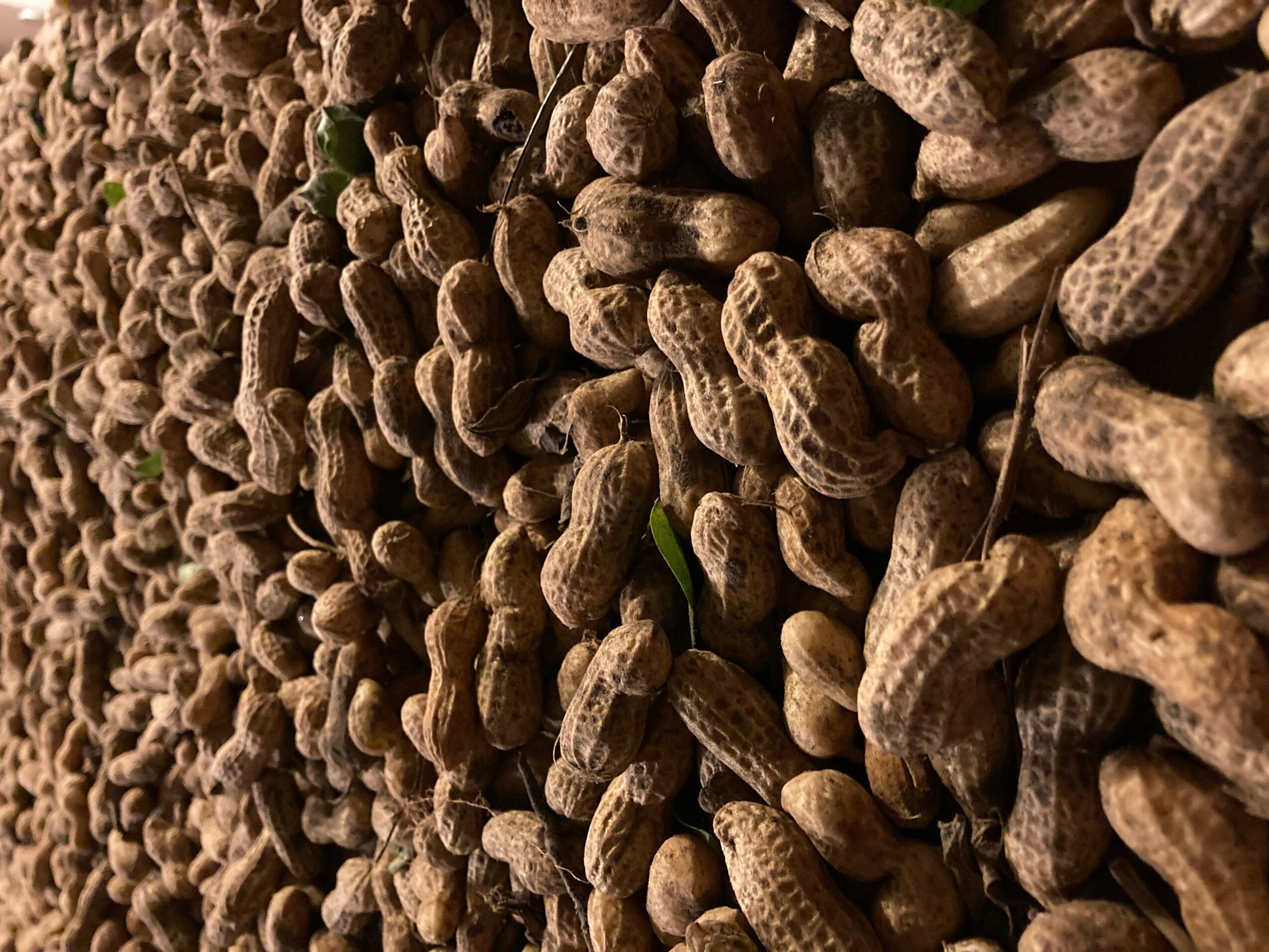
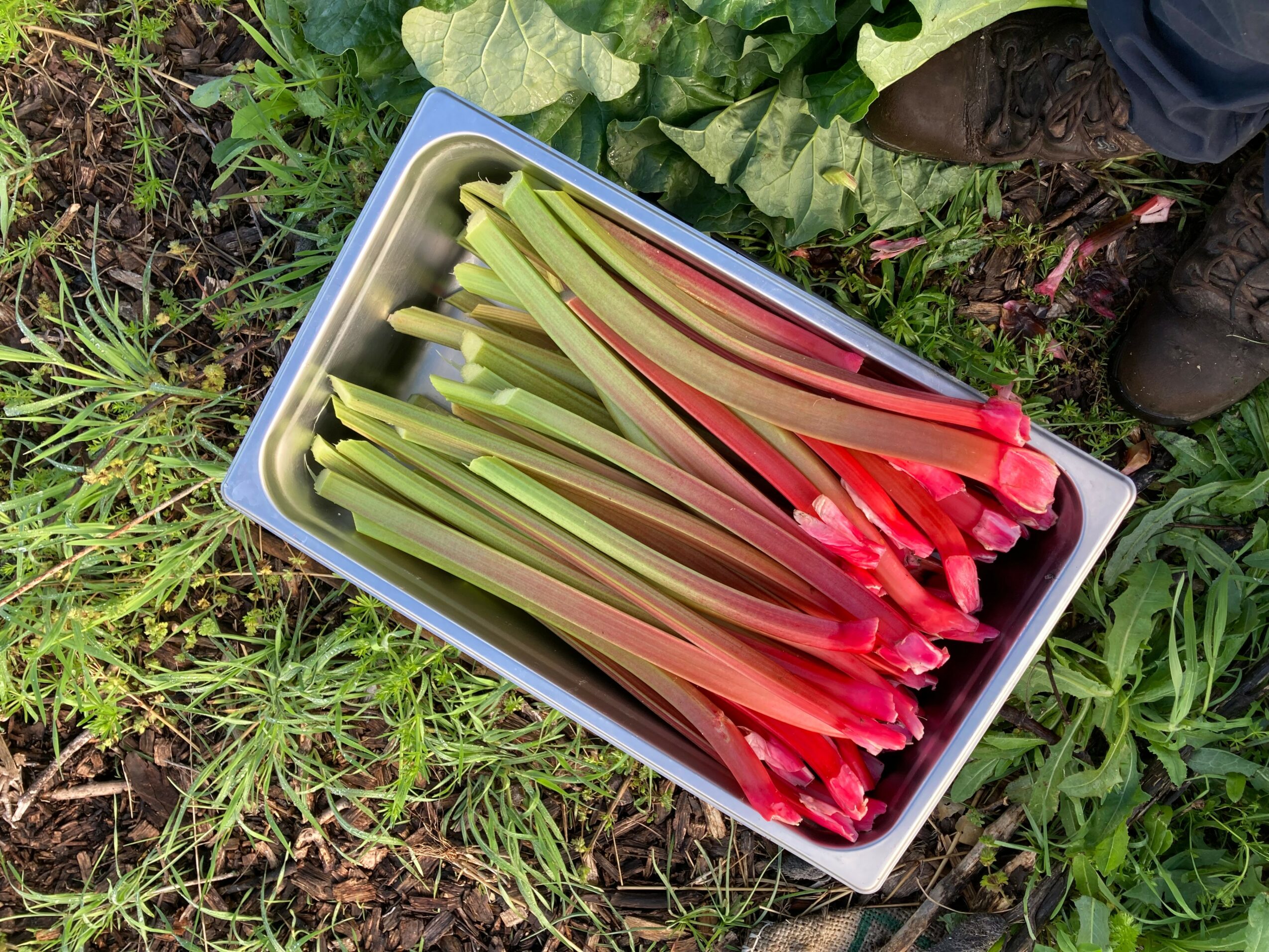
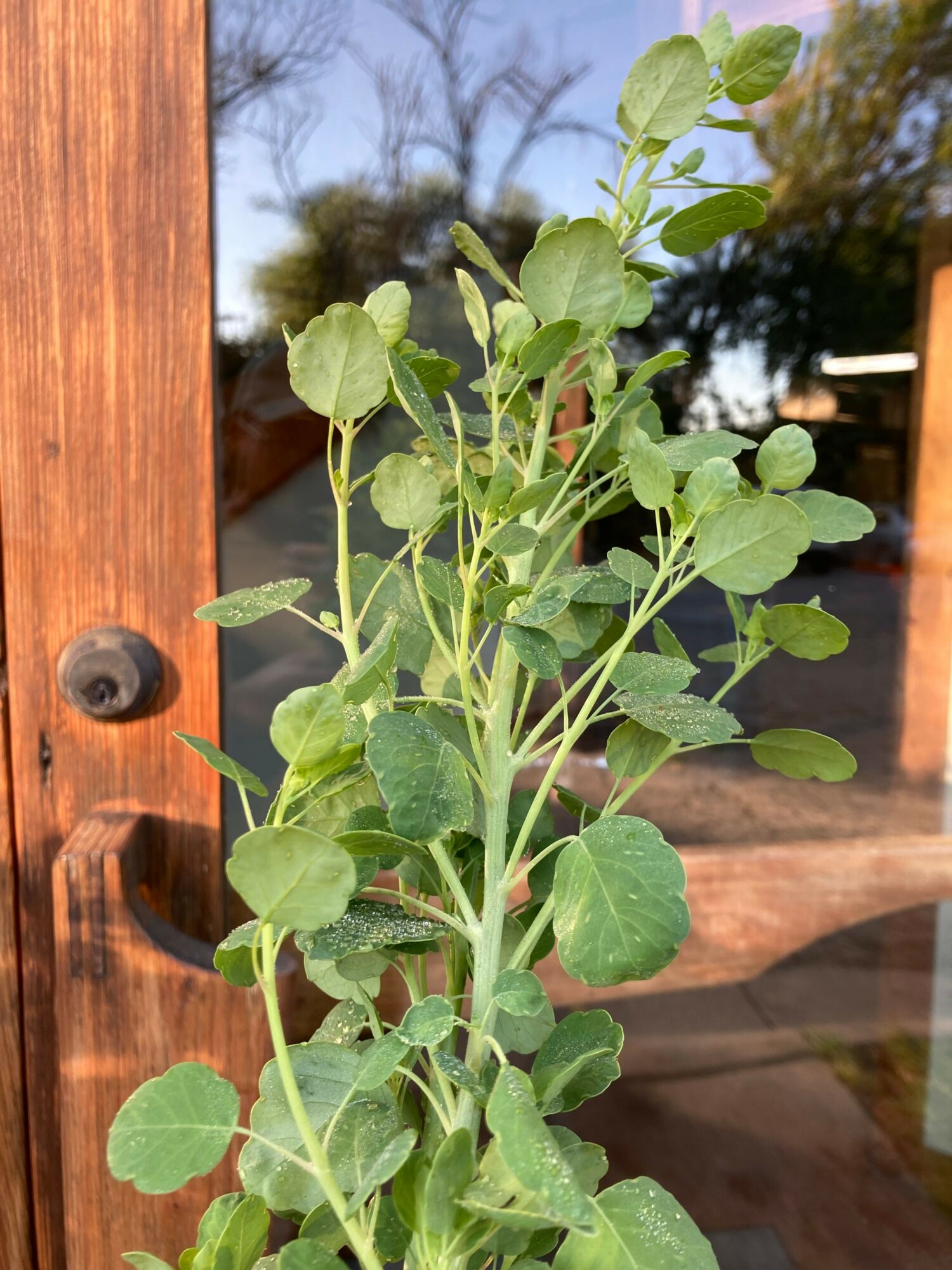
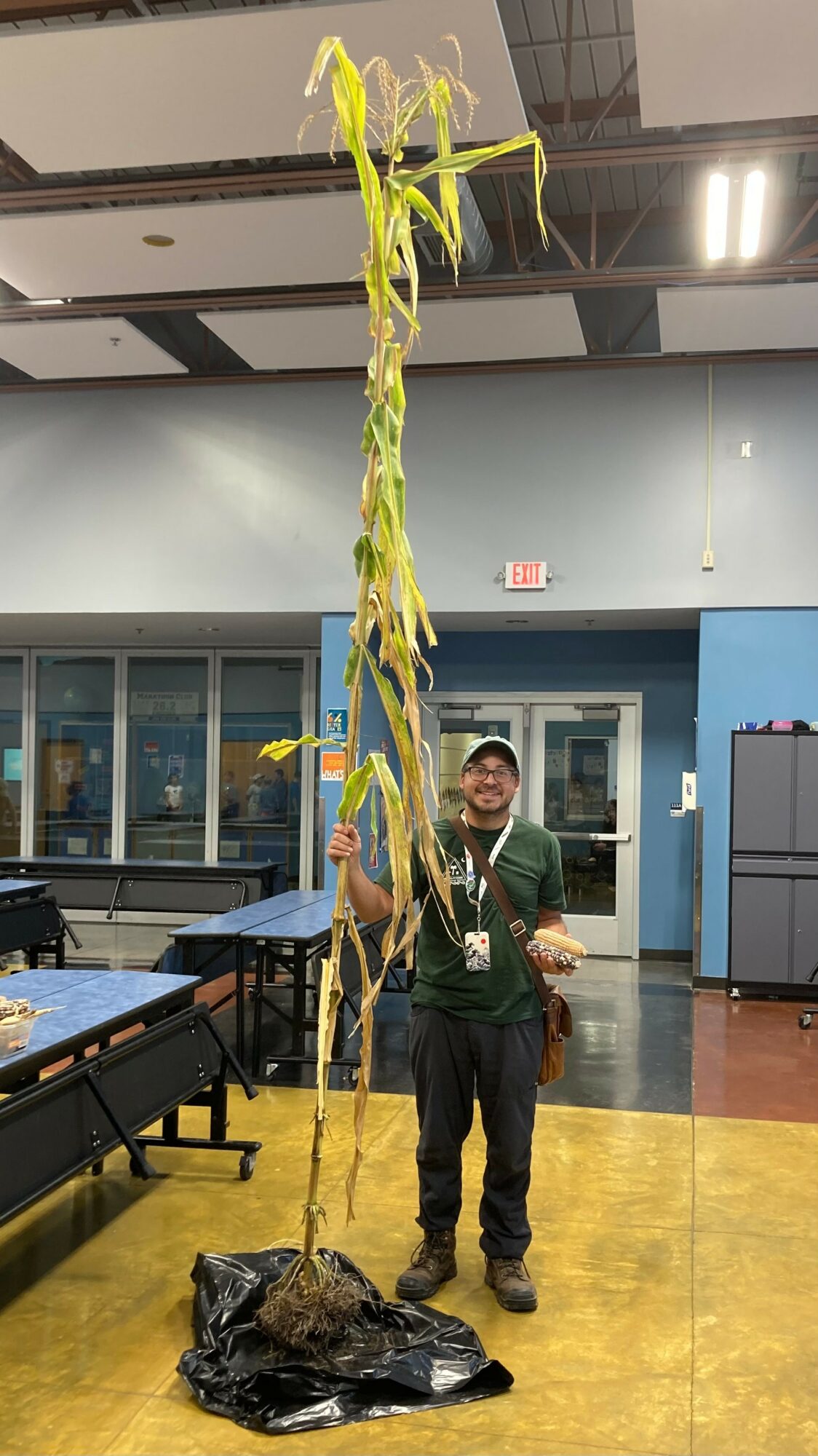
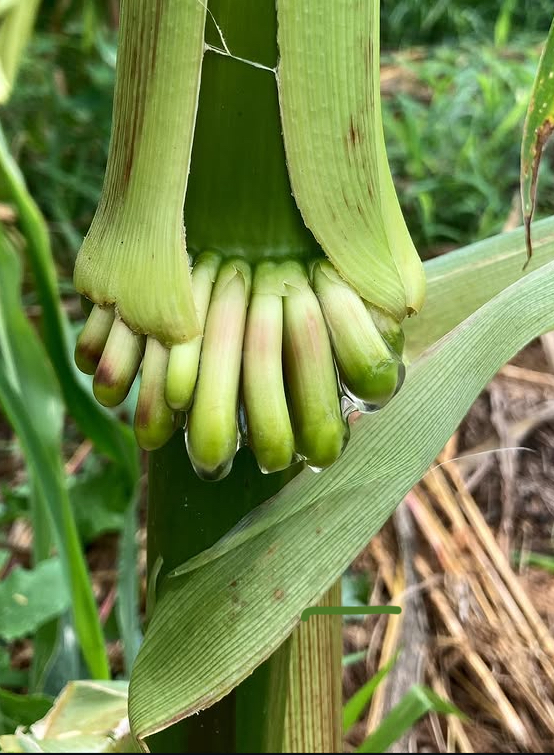
Image Credits
Personal Photo taken by Joshua Alston, Joshua’s Perspective Photography; full permission to use. All other photos my own.












